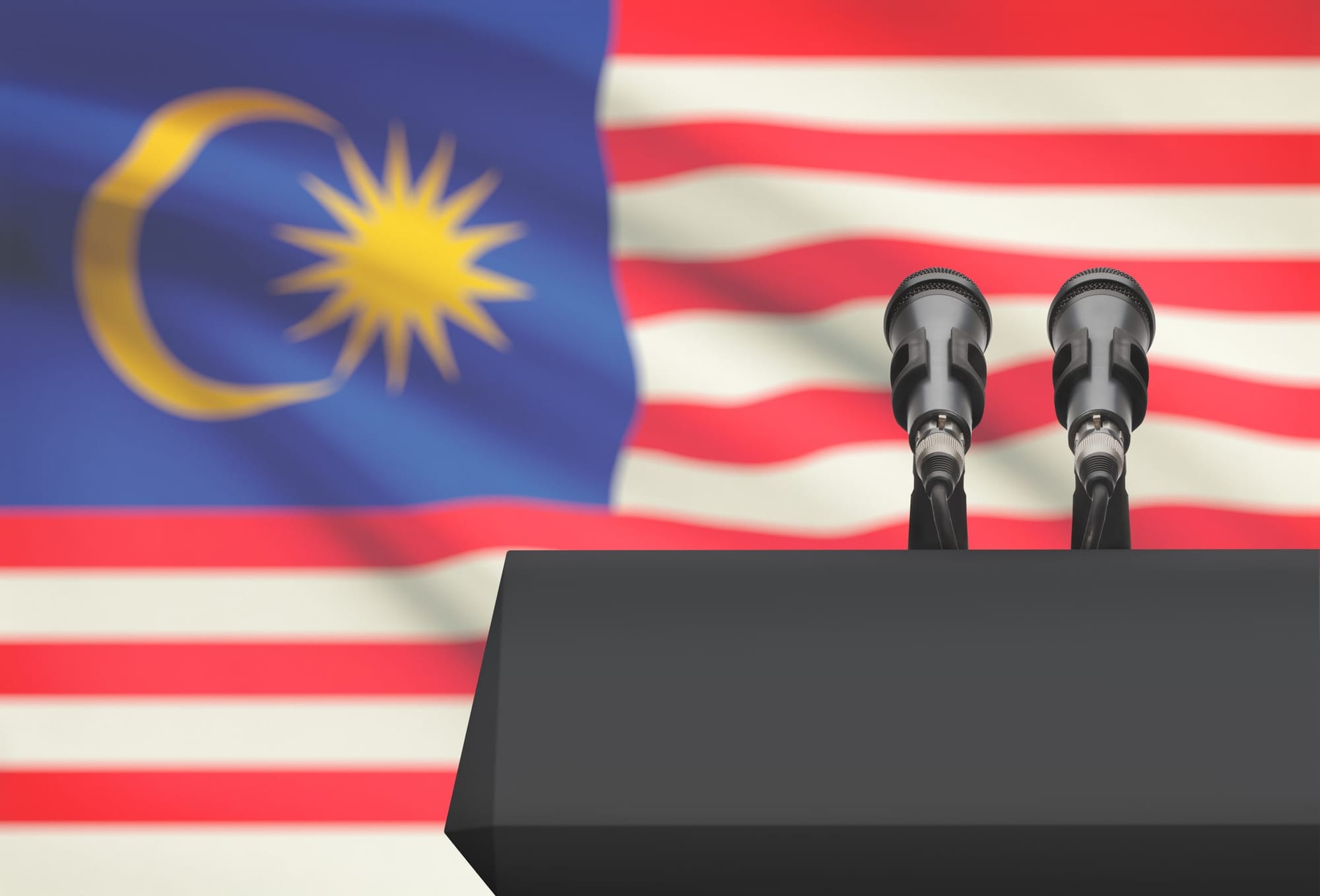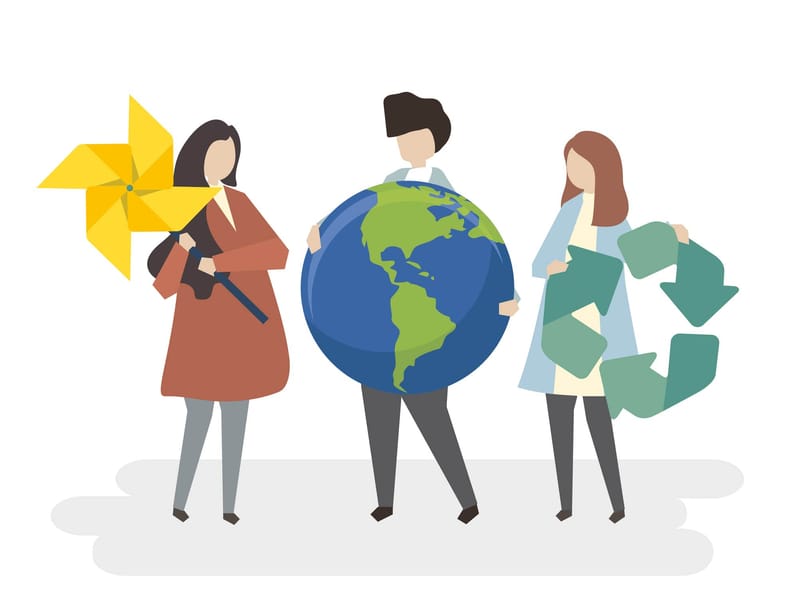
The theme for International Women’s Day this year is “Invest in Women: Accelerate Progress” – but how far have we really progressed?
A snapshot of International Women’s Day themes in the past six years indicate facets of gender equality ranging from women’s rights, leadership and empowerment, to leveraging technology and innovation for societal change.
As we reflect on these advancements, we should heed Verna Myers’ quote and recognise true progress lies not just in diversity, but in the inclusion that empowers every individual.
This represents the foundation on which we now recognise that achieving gender equality goes hand-in-hand with a more equitable and inclusive society for future generations.
Inclusion goes beyond mere representation as it strives to create diversity in environments where everyone feels respected, valued, and able to participate.
The IWD celebration serves as a reminder of the ongoing need for gender mainstreaming.
Gender mainstreaming (GM) is central to today’s social and political landscape, serving as a comprehensive framework for achieving equality.
Gender mainstreaming is defined by the Council of Europe (2023) as:
“[Re]organisation, improvement, development and evaluation of policy processes, so gender-equality perspective is incorporated in all policies at all levels and at all stages, by actors normally involved in policymaking”.
Understanding how the Malaysian government presents gender mainstreaming in its public policies is essential for accessing its dedication to gender equality.
To achieve this, we analysed 13 years of budget speeches, as it provides valuable insights on the government’s strategic policies within budgets.
Our study explores how budget speeches serve as an effective tool for legitimising the allocation of public funds in addressing societal needs, particularly in the context of gender mainstreaming.
A thematic analysis of budget speeches from 2009 to 2022 reveals four themes:
- Women’s empowerment
- Supportive ecosystem
- Capability building
- Human capital, social welfare and wellbeing.
Women empowerment emerged as the most frequent theme, and here we’ll address this theme. Consequently understanding and enhancing economic empowerment is essential, as it’s the cornerstone of the complete fulfilment of women’s rights and abilities.
The concept of women's empowerment places significant importance on fostering economic independence among women to enhance their financial stability and overall socio-economic standing.
This entails empowering women to take control of their financial resources, in doing so enabling them to contribute meaningfully to the Malaysian economy.
The government has introduced the Wanita MADANI women’s empowerment initiative, which emphasises inclusivity under the concept K.A.S.I.H (Kasih sayang; Akhlak mulia; Sihat; Ilmu; Harmoni), focusing on societal values such as care, compassion, respect, and trust, creating an environment conducive to the holistic development and wellbeing of women in society.
The inclusiveness of women as the nation’s key contributors is prominently highlighted in the six initiatives of Wanita MADANI.
Many of these initiatives fall under the purview of the Ministry of Women, Family and Community Development, and collaborating agencies.
One initiative is the i-Sayang program, which allows a husband to set aside 2% of their Employee’s Provident Fund (EPF) contribution to his wife’s account.
The i-Sayang initiative is part of an ongoing effort to extend the social safety net to family institutions.
In line with this, The Tabung KASIH Rahmah Wanita initiative offers a seed fund as a critical support mechanism, specifically targeting women in desperate circumstances, including those who are severely marginalised.
This promotes their active participation and recognition across various platforms and sectors as equal partners in empowerment and development, fostering sustainability, innovation, and prosperity.
These efforts encompass various forms of support, including access to financial resources, entrepreneurial training, and mentorship programs.
By encouraging women to venture into entrepreneurship and providing them with the necessary tools and support, Malaysia aims to create an enabling environment where women can thrive economically and achieve greater autonomy.
Since 2011, there’s been a steady push to get more women into leadership roles within organisations, a key part of gender equality efforts.
Malaysia has set a goal of having 30% of top management positions filled by women. Despite ongoing efforts over the past decade, there’s still a noticeable gap in getting women into these top roles in the private sector.
This issue is highlighted in annual budget speeches, emphasising the need to address the imbalance and ensure women have fair opportunities to lead.
This article was co-authored with Monash University, Malaysia, PhD candidate Iliana Yussof.





